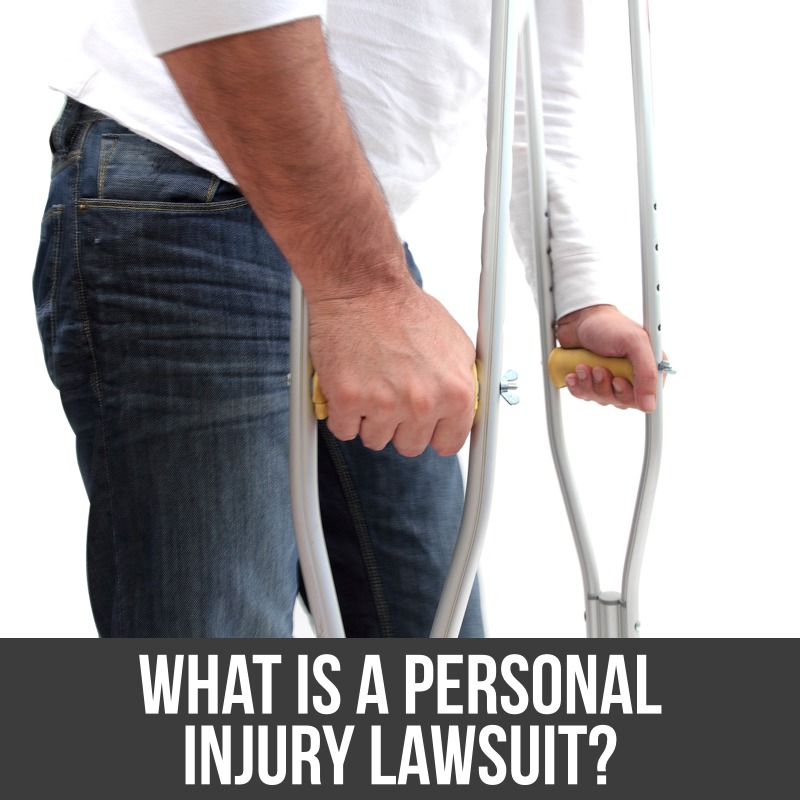
A personal injury lawsuit is a civil lawsuit where an injured party (plaintiff) sues the alleged responsible party (defendant) for injuries or damages suffered as result of the responsible party’s negligence. In order to bring a personal injury claim, one must establish four basic elements:
- Duty to the injured party;
- Responsible party breached its duty;
- The breach of duty caused the accident; and
- As a result of the breach, the injured party suffered damages.
The first step in a personal injury claim is to determine whether another person owed a legal duty of care to the injured party. For example, other drivers on the road have a legal duty to operate their cars safely. The next step is to determine what “duty” the person owed to the injured party. Using the car example, drivers have a duty to operate their cars as a reasonably prudent person would under the same or similar circumstances. Driving above the speed limit while it is raining would be a breach of one’s legal duty to operate a car safely.
Third, the person who breached one’s duty must have caused the accident. In the driving example, the driver of speeding car while in the rain must have caused the car accident and not have just been involved in the accident. And finally, the injured party must have suffered some type of damage as a result of the accident.
Damages Recoverable In a Personal Injury Claim
The final element in any personal injury claim is damages. In most personal injury cases, damages are in the form of financial compensation. Monetary damages are meant to compensate a party for the losses and injuries suffered as a result of an accident. Common examples of monetary damages include:
- The costs of medical care and treatment;
- Loss of income or loss of earning capacity caused by the accident;
- Reimbursement expenses for damage to property or the fair market value to replace property; and
- Physical and emotional pain and suffering, including loss of sleep, anxiety, depression.
In particularly bad situations, a court may award punitive damages when a defendant’s conduct is willful, wanton, or reckless. Punitive damages are intended to punish the responsible party for one’s actions. Punitive damages may be awarded in addition to compensatory damages.
Examples of Personal Injury Lawsuits
Anytime that someone suffers injury as a result of someone else’s negligent conduct, there is the potential for a personal injury lawsuit. As such, the types of personal injury lawsuits are varied and limited by only the number of different ways that someone may suffer an injury. Some of the more common types of personal injury lawsuits stem from the following situations:
- Motor vehicle accidents, including cars, trucks, busses and trains;
- Premises liability accidents, such as slip-and-fall accidents or failure to provide adequate security;
- Dog bite cases;
- Medical malpractice cases;
- Defective product cases; and
- Nursing home neglect and abuse.
Contact a Greenville Personal Injury Attorney
If you or loved one has suffered an injury as a result of another person’s negligence, an experienced Greenville personal injury attorney can help. David R. Price, Jr. has experience helping injured victims obtain compensation in a variety of personal injury lawsuits.
Contact David R. Price, Jr. for a free initial consultation and case evaluation. You can call us today at 864.271.2636 or visit our office at 318 West Stone Avenue in Greenville.







